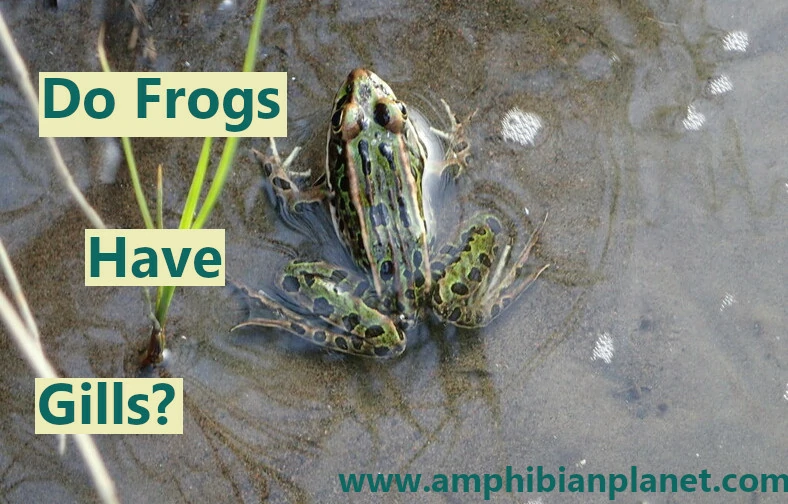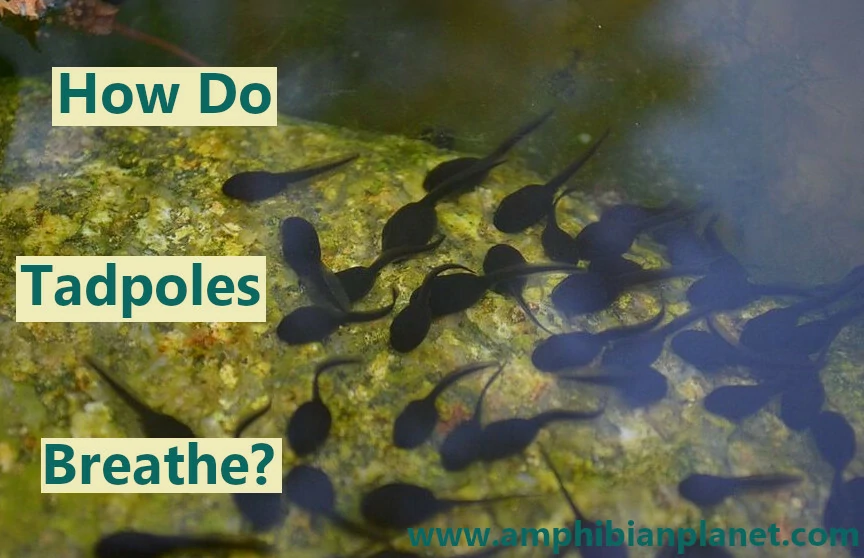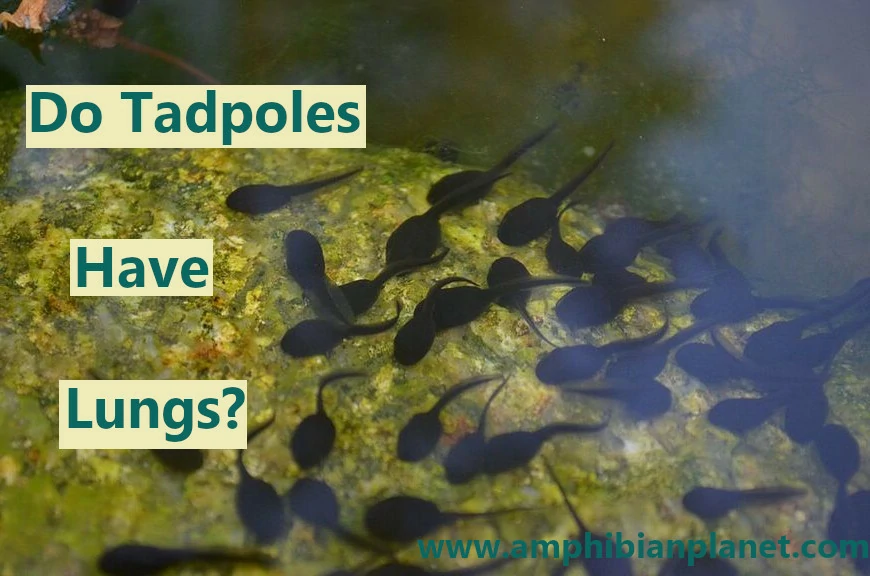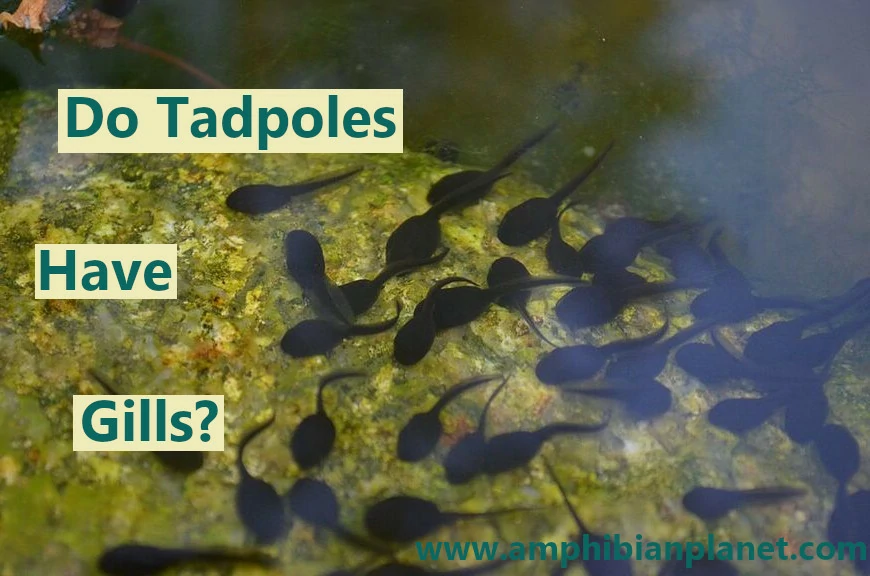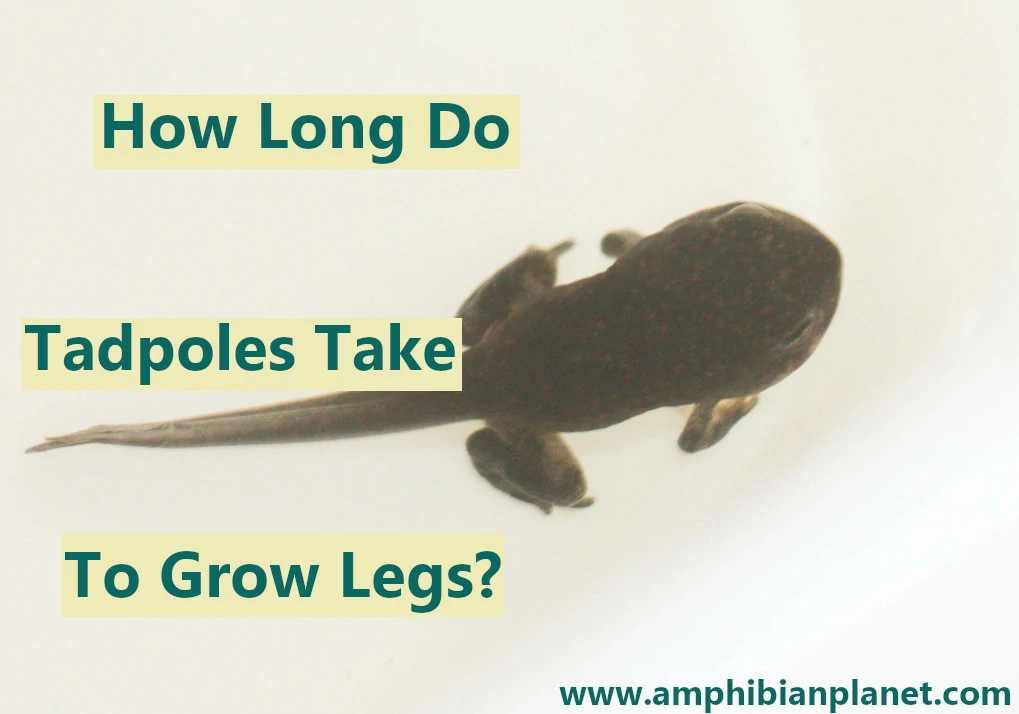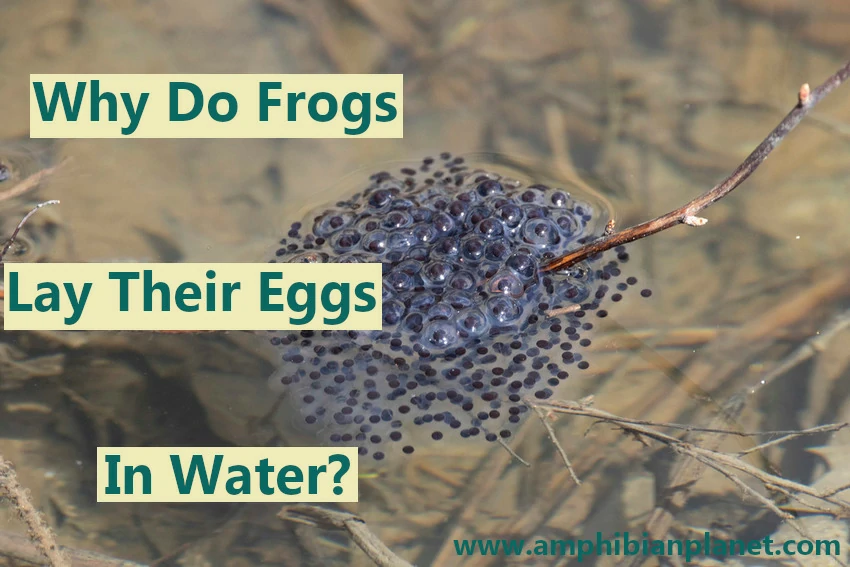Do Frogs Have Gills?
Most frogs lay eggs, which then hatch into tadpoles that develop and metamorph into adult frogs over time. In each of these life stages, frogs will use many different organs for gas exchange. Frogs have gills as tadpoles, which are lost when the tadpoles reach the froglet stage of their development. As adults, frogs do not have … Read more

